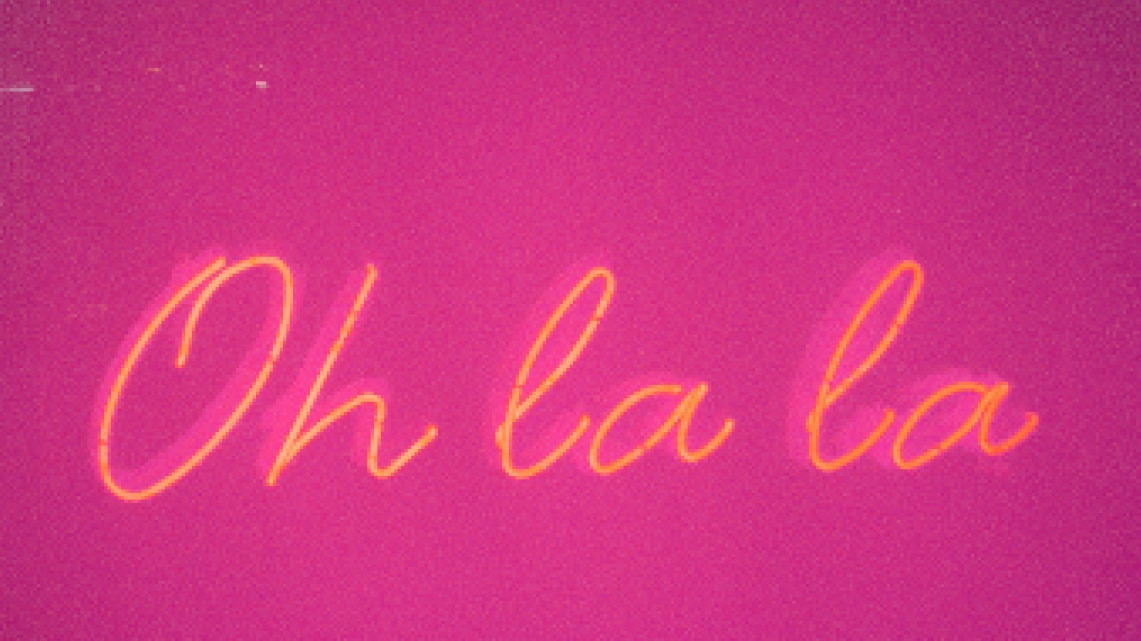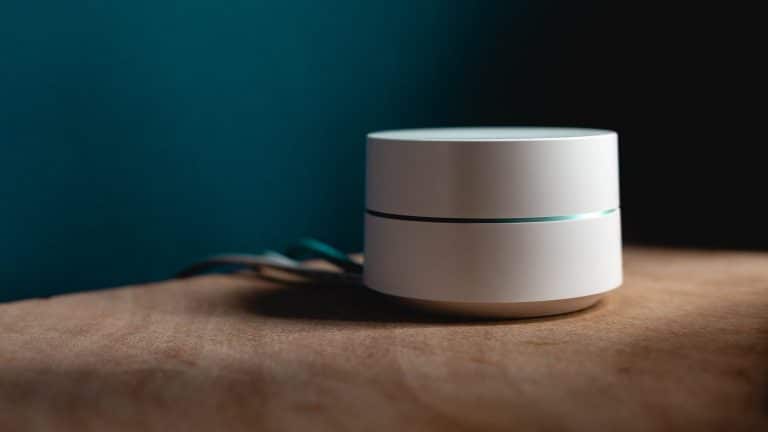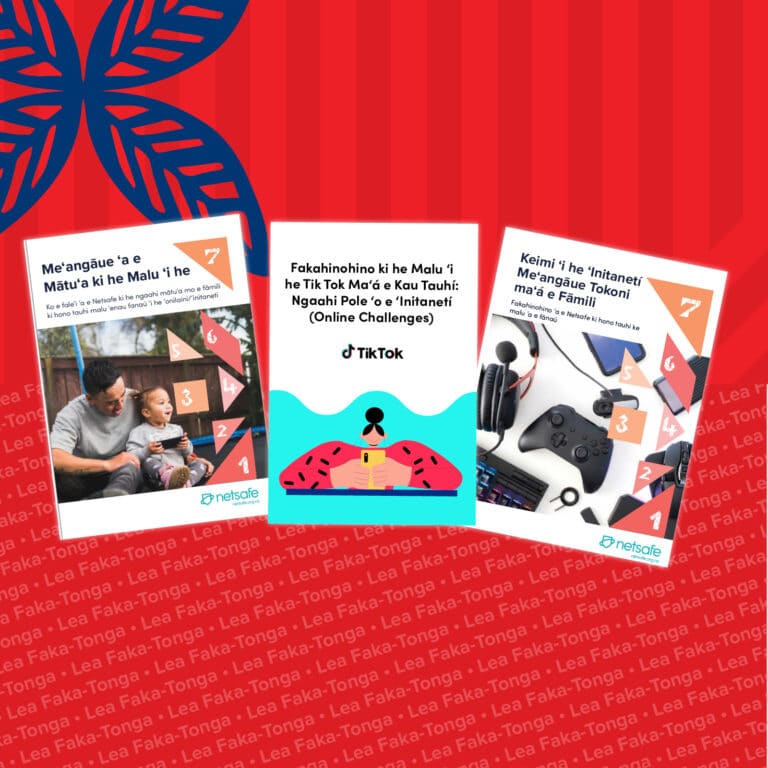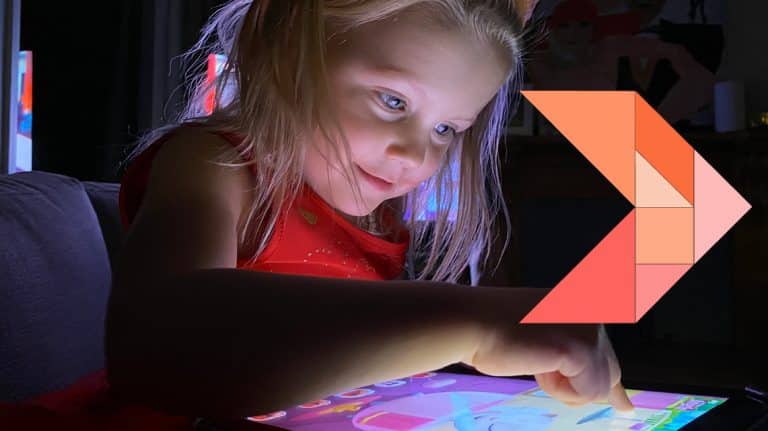Understanding nudes and sexting
Sexting is the name given to the act of sending or receiving nude images, videos or texts and also covers underwear and sexual content. We’ve put together some of the most commonly asked questions to help you understand the risks and options available. WHAT ARE THE RISKS WITH SEXTING? Once you share an image with…

Sexting is the name given to the act of sending or receiving nude images, videos or texts and also covers underwear and sexual content. We’ve put together some of the most commonly asked questions to help you understand the risks and options available.
WHAT ARE THE RISKS WITH SEXTING?
Once you share an image with someone else it’s difficult to control what happens to it, even if you send photos or videos that disappear (like on Snapchat) there are ways for other people to make a copy without you knowing. So it’s always important to think about the risks before you send anything.
We’ve had reports where people have had their nude images shared with others as a joke, when a relationship has ended or when friends have become angry with each other. Sometimes people blackmail others into sending more nudes, by threatening to release the original nude if they don’t send more.
IS SHARING SOMEONE ELSE’S IMAGES ILLEGAL?
Someone sharing your nude images without your consent is not your fault and it may also be an offence under New Zealand law. Once sexual images are shared it is known as image based abuse which covers things like revenge porn. It can also be an offence under the Harmful Digital Communications Act and potentially other Acts.
Even if you originally shared or made the images/video with someone consensually, it doesn’t mean you have consented to the content being shared to a wider group or publicly. If this has happened it may be an offence.
It can also be an offence to threaten to share images or videos without someone’s consent.
WHAT ARE THE PENALTIES UNDER THE LAW?
If prosecuted under the Harmful Digital Communications Act the penalties can be a fine of up to $50,000 or up to two years’ jail for an individual, and up to $200,000 for a body corporate. The majority of the criminal prosecutions for the Harmful Digital Communications Act are for image based abuse incidents.
You can find out more about the non-consensual sharing of nude or intimate images on our image based abuse page.
WHAT CAN YOU DO IF YOUR IMAGES HAVE BEEN SHARED?
If nude or nearly nude images or video of you have been shared without your consent, there are things that you can do:
- Screenshot the content if possible and make a record of where the content is (capture any URLs if you can)
- Report the content to the platform (e.g. Facebook, Snapchat, PornHub) it is on and request the content is removed
- Report the profile or account of the person who shared your content to the platform it was shared on
- Contact Netsafe and make a report, to find out what other options are available to you
There are apps that can help too, like StopNCII stopncii.org. This is a free service for anyone over 18 to get intimate images or videos removed from social media, including Facebook. You don’t need to send the image to any moderators, it all works from your own device (with the original image) to track and remove the photo or video online.
Under 18’s can get help too. Take it Down takeitdown.ncmec.org works in the same way as StopNCII.
HOW CAN NETSAFE HELP YOU?
We may be able to assist you in getting online content removed and talk about the options available to you. If someone is threatening to share nude images/videos of you or blackmailing you, we can also let you know what you can do about it. Our team talks to people in situations like this everyday, so we’re used to helping people in similar situations and can provide you all the information you need.
ARE YOU WORRIED ABOUT SOMETHING YOU’VE SHARED?
If you have sent a nude to someone and now regret it, you should contact that person and ask them to delete it. The quicker you ask them to do this the better. It can be difficult to control what someone does with an image once they have it, but having a direct conversation can help stop it from being sent on.
If you’re feeling stressed or worried you should talk to someone you trust or consider talking to a support service such as Youthline, Lifeline or Safe to Talk.
SOMEONE IS BLACKMAILING ME. WHAT CAN I DO?
If someone is threatening to share nude images or videos of you or blackmailing you, we can let you know what you can do about it. Our team talks to people in situations like this everyday, so we’re used to talking about it and can provide you all the information you need.
HAVE YOU RECEIVED A NUDE YOU DIDN’T WANT?
Being sent a nude image you didn’t ask for can be upsetting, especially if you are young person. You could try talking to the person who sent it and ask them to stop sending inappropriate pictures. You can also report the content or block the person from contacting you again. Check out our article for more information and advice on unsolicited nudes.
CONTACT NETSAFE
If you’re concerned about the immediate safety of you or someone else, please call 111. If you want help or expert incident advice, you can contact us. Our service is free, non-judgemental and available seven days a week.
- Email [email protected]
- Call toll free on 0508 NETSAFE (0508 638 723)
- Online report at netsafe.org.nz/report
- Text ‘Netsafe’ to 4282
KEEP UP TO DATE
Follow us on social media and sign up to our newsletter for alerts, news and tips.


![]()





